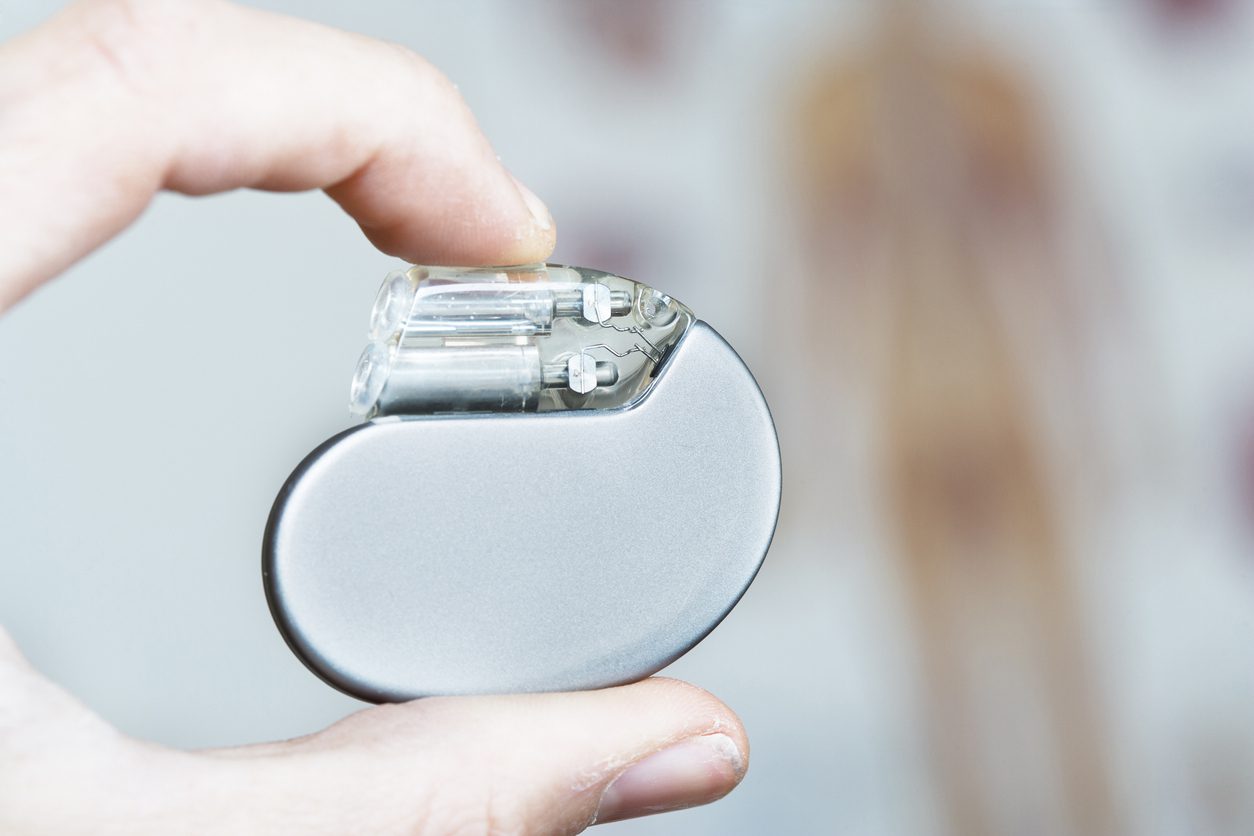“Currently, all pacemakers pace the heart metronomically, which means a very steady, even pace. But when you record heart rate in a healthy individual, you see it is constantly on the move,” says Professor Julian Paton, a lead researcher and director of Manaaki Mānawa, the Centre for Heart Research at the University of Auckland.
“If you analyse the frequencies within your heart rate, you find the heart rate is coupled to your breathing. It goes up on inspiration [breathing in], and it goes down on expiration [breathing out], and that is a natural phenomenon in all animals and humans. And we’re talking about very ancient animals that were on the planet 430 million years ago,” says Professor Paton.
All cardiovascular disease patients lose the heart rate variability, which is an early sign that something is going wrong. “People with high blood pressure, people with heart failure, their heart rate is not being modulated by their breathing. It may be a little bit, but it’s very depressed, very suppressed,” Paton says.
The pacemaker developed by the team introduces a natural variation in the heartbeat which may improve the heart’s ability to pump blood through the body. “The pacemaker is almost like a bionic device,” says Professor Paton. “It understands the signals from the body that tell the device when we’re breathing in and when we’re breathing out. And then the device has to communicate back to the body and pace the heart up during breathing in and down during breathing out.”
Dr Martin Stiles, a cardiologist from Waikato Hospital, in Hamilton, New Zealand, who will lead the trial, said: “We typically see improvements in heart function with current pacemakers, but this bionic pacemaker has far exceeded our expectations. This discovery may revolutionise how heart failure patients are paced in the future.”







